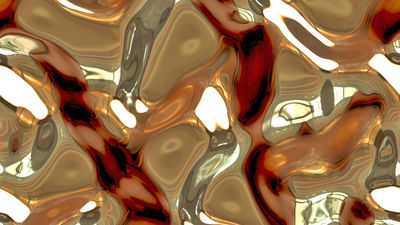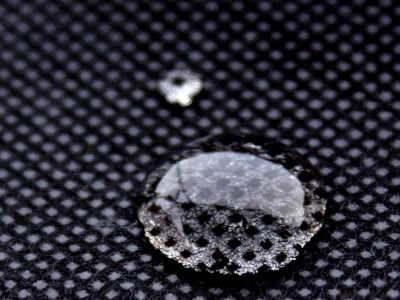A chip that can express '0 and 1' by controlling sound waves with electricity will be developed

A research team at Harvard University has developed 'a technology that electrically controls the amplitude and frequency of sound waves on a chip.' The development of this technology is expected to contribute to the progress of both conventional computers and quantum computers.
Electrical Control of Surface Acoustic Waves
https://doi.org/10.48550/arXiv.2101.01626

Tuning sound waves on chip
https://www.seas.harvard.edu/news/2022/06/tuning-sound-waves-chip
In a general computer, the flow of electricity is controlled to generate high voltage and low voltage, and the calculation is executed by setting either '0' or '1'. A research team at Harvard University, which aimed to replace this 'electricity' part with 'sound waves,' created a chip using ' lithium niobate ,' a substance whose elasticity changes when an electric current is applied. As a result, the amplitude, frequency, and phase of the sound waves on the chip can be adjusted by electrical control.

Sound travels much slower than electricity, but according to the research team, sound waves are 'easy to confine in nanoscale structures, less likely to interfere with each other, and have strong interactions with closed systems.' There are advantages. For this reason, it is expected that chips using sound waves will work usefully in both conventional computers and quantum computers. In addition, Linbo Shao , a member of the research team, said, 'In the past, systems using sound waves were passive, but the results of this research have made active control possible. Possible sonic systems contribute to the realization of diverse functions in the development of microwave signal processing. '
The research team will continue to work on the development of chips using sound waves, aiming to develop complex and large-scale chips and to build interconnection systems with quantum computers. In addition, Harvard University's Department of Technology Development will work on the commercialization of sonic chips.
Related Posts:
in Hardware, Posted by log1o_hf







